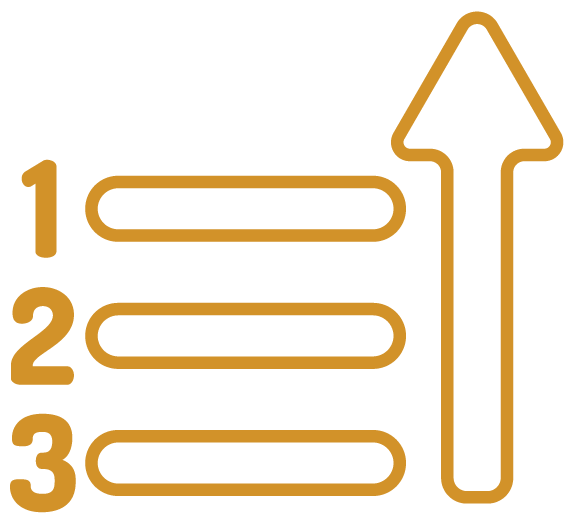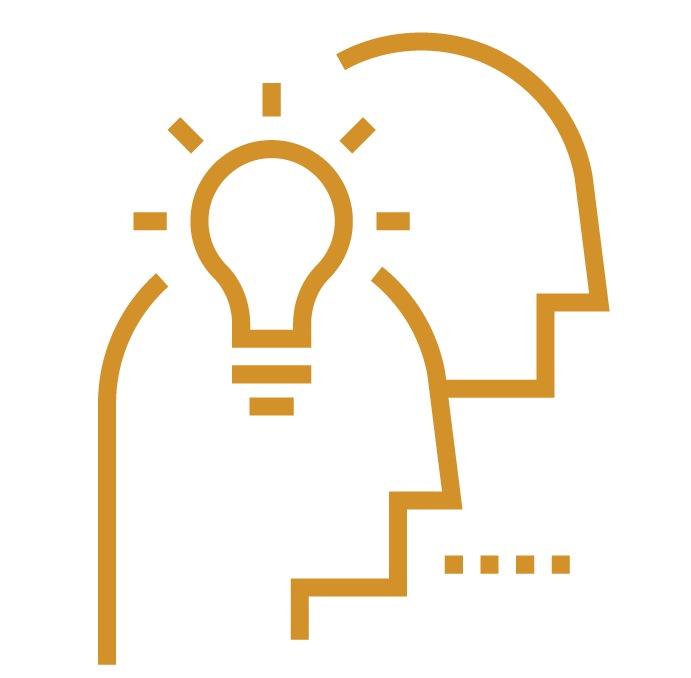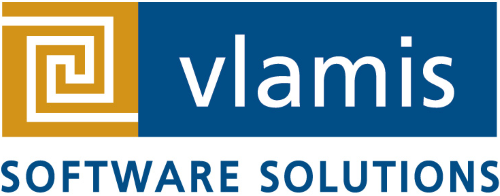Our Process
"If you do not know how to ask the right question, you discover nothing."
- W. Edwards Deming
Asking the Right Questions
Every project is different. That is why having a process matters – to ensure that nothing is overlooked. Although we adapt our process to suit the specific needs of each project, we always start by asking you the right questions and listening to your answers.

Why Process Matters
Analytics projects are hard. The technology is complex; people have competing priorities; budgets and timelines are often tight. A robust process keeps your project on track, staying on budget and addressing as many stakeholders’ needs as possible, even as new needs are identified and business conditions change.

Ask the right questions
We start with you, the client. What are your overarching goals? What problems or pain points are you trying to address? We listen to your answers and use them to drive the strategy for your project.

Involve the right people
We have experts involved at the outset. From the first client meeting, you will be talking to the senior consultant most likely to be working on your project. We also involve the right people on your staff.

Apply the right tools
Over the years, we have developed an extensive set of questions and checklists designed to reveal top priorities and identify the best data. Guided by science and analytics, we apply best practices and standards to your project. Our robust tool set ensures we do not overlook any aspect of your project.

Set priorities
Through conversations and questions, we identify your top priorities. A typical process identifies more priorities than can be addressed at once. By beginning with the end in mind, we can develop the logical sequence of priorities that enables you to build on your progress iteratively, so no step is wasted on the journey to meeting your goals.

Share the knowledge
No project is complete without knowledge transfer. We ensure you have the information needed to maintain and build upon any solutions we provide. Although training can be a standalone offering, we also incorporate vital knowledge transfer into any project we complete, whether through documentation, classes, or one-on-one mentoring.
How We Approach Analytics System Consulting
For analytics consulting projects, our process can address specific areas or entire systems. Analytics system projects develop along the following lines:
- Begin with the end in mind. What do end users need to get out of the system?
- Develop a list of analytic data needs, then determine which of those needs are supported in the current data warehouse, and which may need to be sourced elsewhere.
- Prioritize the data needs once they have been identified.
- Develop a plan of attack for implementing the system.
- Start designing from the top down, from the analytic needs down to the ETL.
- Build from the model up – the model is built to support current and future analytic needs.
- Populate the model iteratively, adding analytics on top of it gradually.
- Report off of the analytics.


How We Approach Assessments
An assessment project can look at anything from people, to processes, to system performance. Regardless of what is being assessed, our process for these projects develop along the following lines:
- Start at a high level. Identify the overarching need – what are the pain points that led to Vlamis being contacted?
- Delve into the details. In the case of a performance assessment, this involves developing theories about what is adversely affecting performance and then testing those theories.
- Benchmarking before and after testing provides results you can use to determine next steps.
- Develop a holistic understanding of all the factors contributing to the current situation, and create a clear plan for how to address it.
FAQs
How long does a typical project last?
It depends on your goals and requirements - anywhere from a week to a year, but in the spirit of analytics, we can tell you the mean time is 3 months and the median time is 5 months.
How do you determine the duration of a project?
We meet with you to discuss your goals. If duration is a concern, we often can start small and prove value quickly before undertaking a more extended engagement.
What are the typical roles in a project team?
It depends on the scope of the project, but a typical implementation project will include a designer, requirements analyst, ETL specialist, dashboard builder, documentation specialist, and trainer. We can work with people on your team to fulfill some of those roles. Often, one Vlamis associate can fulfill multiple roles.
Do you work remotely?
We usually start by meeting in person, then accomplish much of the work remotely, periodically meeting in person for project update meetings and at major milestones.


